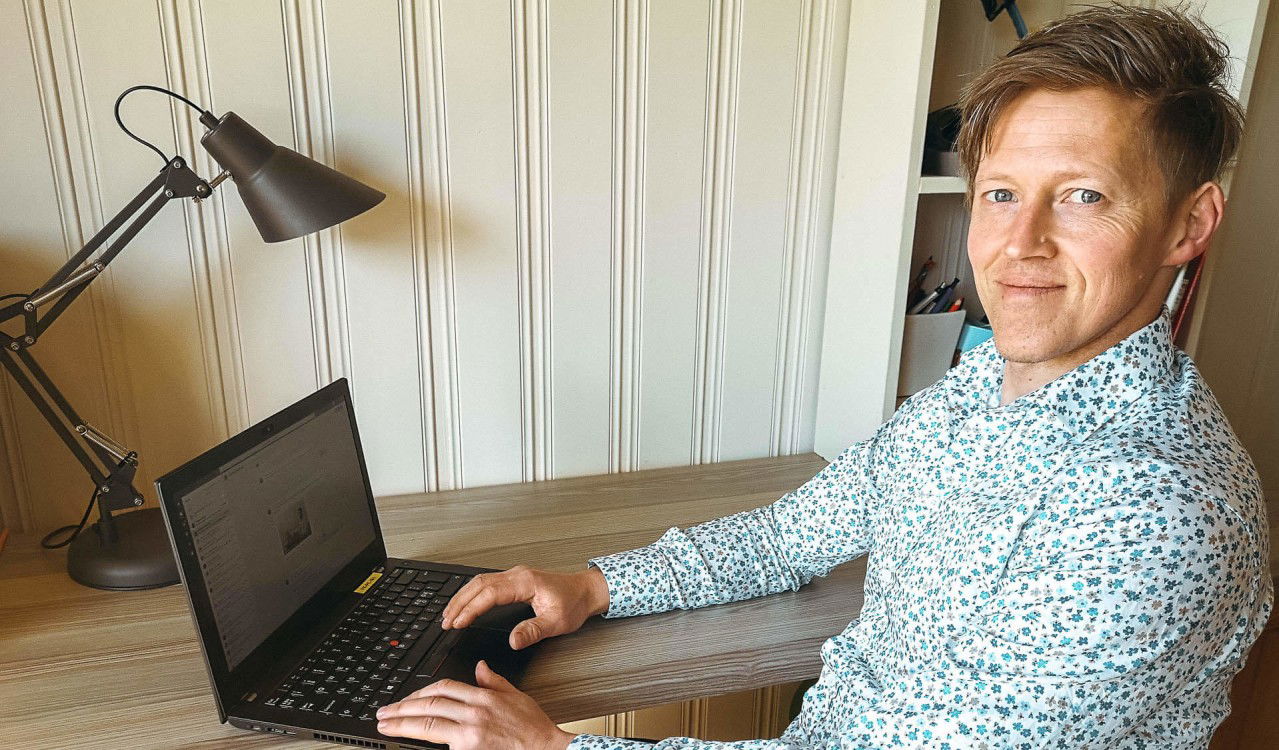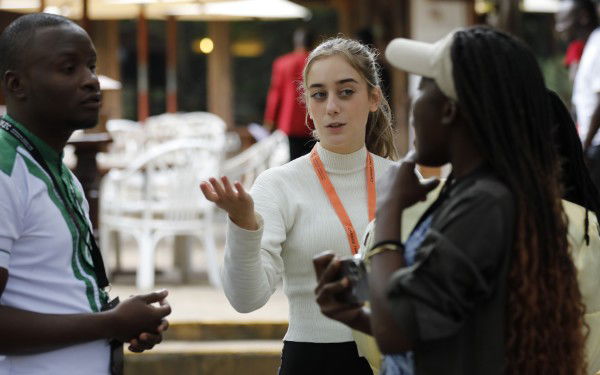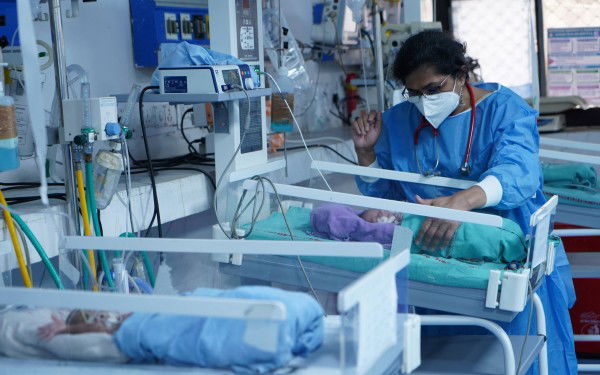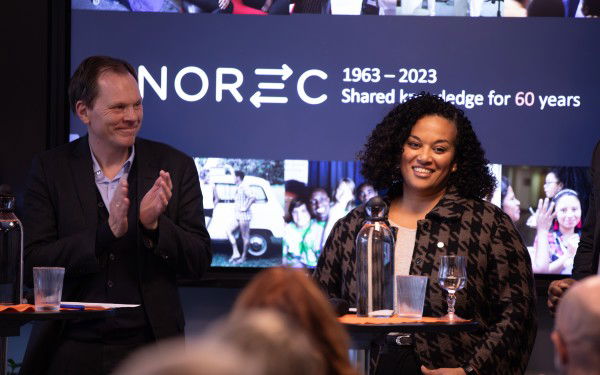Training evaluation shows highly satisfied Norec participants
13. June 2022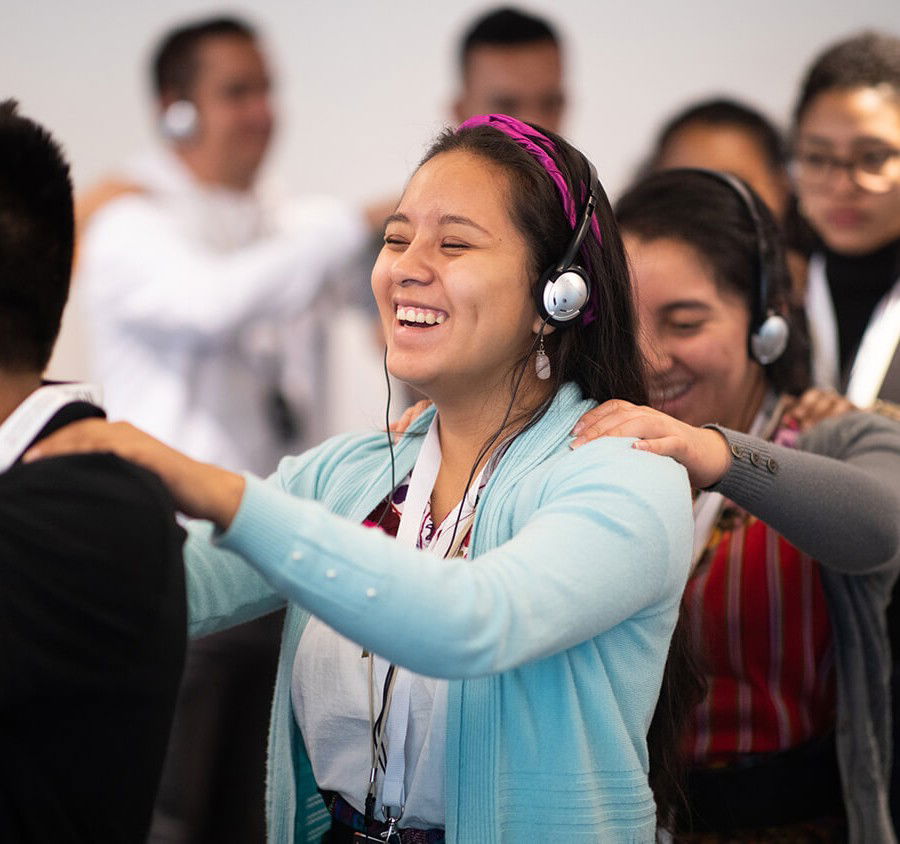
97% of the participants found that Norec’s preparatory training made them more open-minded and helped them understand different cultures, a new evaluation shows.
– We are particularly pleased that the participants believe the trainings were relevant for their exchange experience, says Øystein Garfors, Head of Section – Training.
According to the evaluation, 93% of the participants agree that the preparatory training was useful for their exchange.
Because of the corona pandemic, it has not been possible for Norec to arrange in-person trainings this autumn. Among other things, Norec has spent the autumn evaluating its trainings.
– There are always steps to take to improve. Now, we will use this evaluation to make our trainings even more valuable, Garfors continues.
– We have a “missing link” in the transfer of knowledge
In Norec’s exchange model, an important component is that the whole organisation should learn from the exchange, not just the person that travels. The evaluation shows that Norec has room for improvement in this area.
– It seems as if we have a “missing link” when it comes to transferring knowledge from the participant to their home organisation after the exchange, Garfors explains.
– The handover of knowledge doesn’t happen by itself. The homecoming training plays an important role in achieving what we call institutional learning. We have to work more on how Norec can help our partners to transfer this knowledge.
Wants to cut CO2-emissions, but not stop flying
Norec expects all partners to work towards the UN Sustainable Development Goals, but also has to find ways to support the exchange projects in a sustainable way.
– It is not enough to just ask our partners to work on sustainability, Norec must of course also cast a critical glance at our own operations, Garfors points out.
The evaluation clearly states that the physical encounters on the trainings are important for the participants’ cultural understanding.
– To host exclusively digital trainings after the pandemic is not an option. The participants will travel to their exchange anyway, so we must rather adapt the itinerary and select training locations in the best way possible, says Garfors.
The training evaluation is executed by the advisory company KPMG. Part of the commission description was to investigate how Norec can reduce its CO2-emissions.
– We have gotten suggestions on where Norec can arrange future trainings so that the participants will fly as little as possible. However, the calculation is complicated, as we also have to take financial costs and visa restrictions into consideration.
